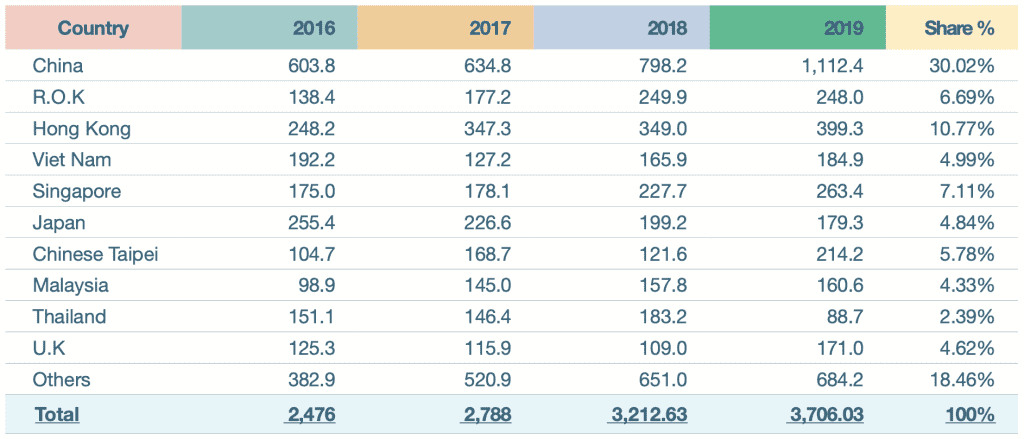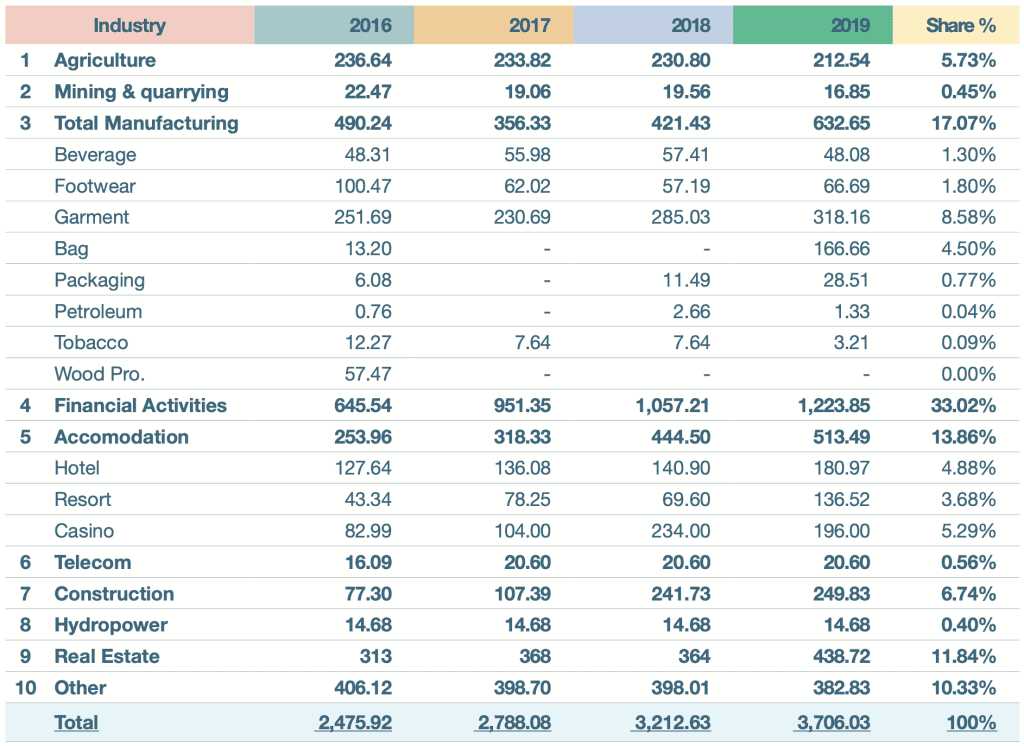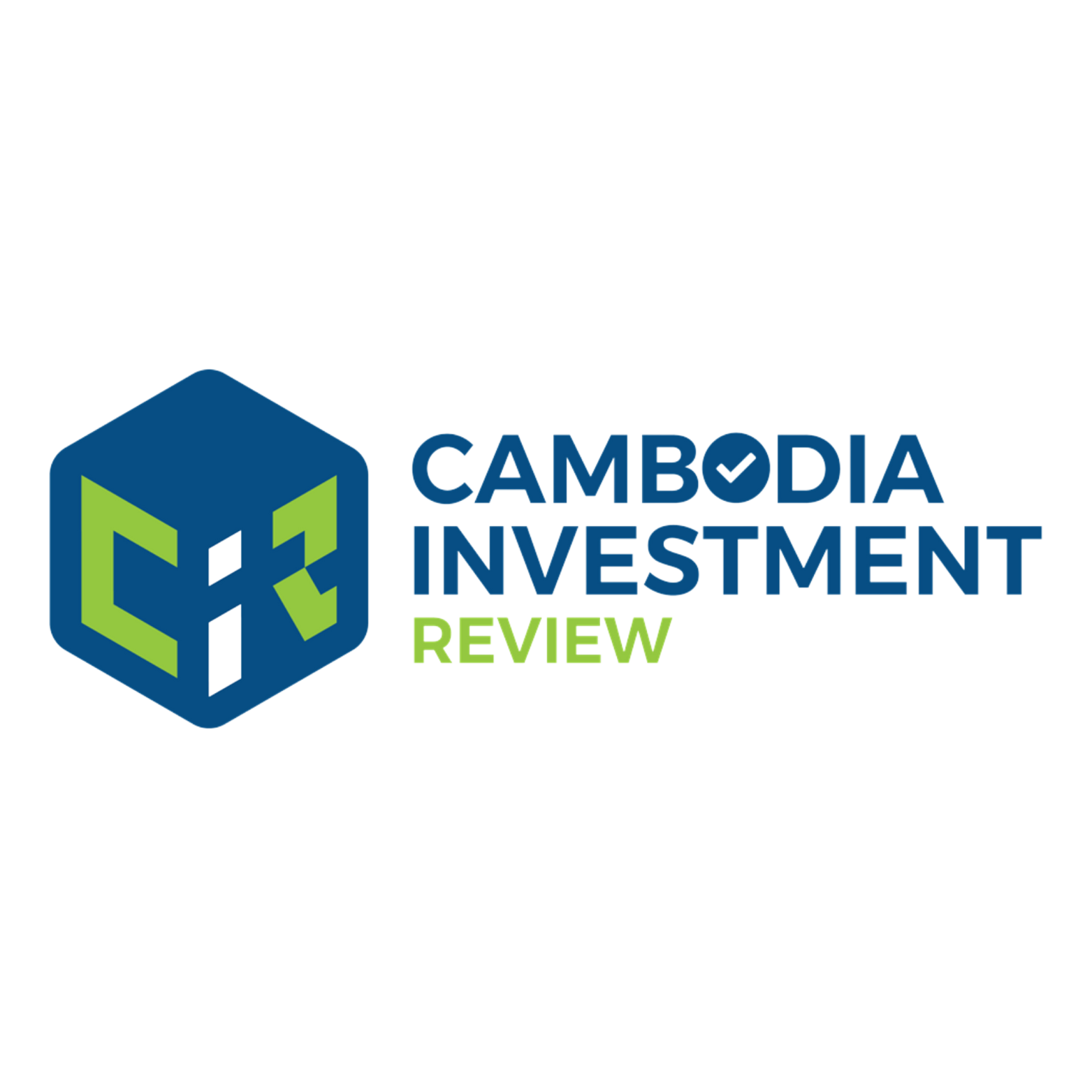The attraction of Cambodia to foreign businesses and investors that realized its potential and opportunities were and continue to be attracted by its business-friendly open economy, low labour, and production costs, and its strategic location and close proximity to production facilities in Thailand and Vietnam as well as favourable access to the Chinese, US, EU, Japan, and South Korea markets.
Cambodia’s investment laws allow 100% foreign ownership of companies in most sectors, and provision for the protection of investments from regulated prices and nationalization. There has been no foreign exchange restriction on the remittance of profits and no capital gains tax, although new legislation on the latter that was introduced in April 2020 has seen its implementation postponed to 2023 due to the economic pressures brought about by the Covid pandemic.

The Kingdom’s many Special Economic Zones (SEZ) are a good option to consider for export-based manufacturing, and most are located in border cities with Thailand or Vietnam, and/or near ports, airports and national highways. Tenants in SEZs enjoy inter alia corporate tax exemption up to 8 years as well as exemption on profits if they are reinvested in the country; complete duty and tax exemption on imports and exports; among other incentives.

Cambodia’s top investment partners over the past few years have been China, Vietnam, South Korea, Japan, Singapore, Malaysia, Thailand, the UK, Canada, and the US. The ranking of the countries may be slightly different depending on whether it is a cumulative investment or for a particular year, and the classification of investment under a particular country could be subjective (eg: a company incorporated in X country but listed in Y country invests in Cambodia with equal shareholdings by A, B, and C of different nationalities), but China is indisputably the top investor in the Kingdom.
The establishment of Capital-Provincial Investment Sub-Committees (CPISC) under the Council for the Development of Cambodia (CDC) allows the sub-committee to review and approve private investment with capital under USD 5 million and resolve disputes related to investment projects. The sub-committee is responsible for reviewing and deciding on the registration, providing incentives, purchasing and assurance, merging, deleting and resolving disputes related to private investment projects.
Investment by Country (Flow)

In 2019 when Cambodia’s GDP hit an all-time high of USD 27.1 b, its total stock of FDI also reached a high of USD 34 b. Prior to the ban on online gambling which was effective 1 Jan 2020 after it was first announced in Aug 2019, the sectors that attracted the most Foreign Direct Investments (FDI) were real estate and construction, garment manufacturing, tourism, other forms of light manufacturing, services and agriculture. Cambodia’s major export products are garments, footwear, travel goods, bicycles, furniture, and agriculture. In 2020, FDI in the real estate and construction sector plummeted to less than 10% (USD 140m) of that in 2019 (USD1.79b), with a larger proportion going to energy, healthcare, and manufacturing including signs of recovery in the garment industry. Tourism has seen a rebound in investment figures, but it is not broad-based due to a large investment in a hotel/theme park project. The tourism industry will likely only recover when international travel resumes in earnest. According to the National Bank of Cambodia (NBC), FDI for 2020 was USD 3.5 b, one percent lower than that in the previous year.

The continuing Covid pandemic, disruption to global supply chains, rising costs in raw materials and travel restrictions have severely impacted Cambodia’s open and export-oriented economy. FDIs remained relatively weak at USD 538m or a YOY decline of 83.6% for the first nine months of 2021.
Cambodia still remains as the second most vaccinated country in South East Asia with 90.1% of its population with the fourth dose starts rolling out throughout the country. As the result of the vaccination campaign of the country, Cambodia was one of the very first few countries to open borders to vaccinated passengers without quarantine.
Prime Minister has recently announced to begin vaccinating 3 and 4-year-olds after finding young children accounting for many new infections. The 3 to 5-year-olds vaccination campaign targets 700,000 children across the country and will go nationwide later this month. However, given Cambodia’s high vaccination rate where 90.1% of its population have been fully vaccinated and the bold steps to reopen its economy by lowering quarantine measures for vaccinated travelers to the Kingdom, the growth trajectory for its economy for 2022 and beyond looks promising. Both the World Bank (WB) and the Asian Development Bank (ADB) have projected Cambodia’s economic growth for 2022 to be between 4.5% to 5.5% respectively.
Supplementary
Investment by Sector (Flow) – in Million USD

Feel free to enquire with the Aquarii team should you need further advice.
If you are looking for a more nuanced insight or advice in terms of other indicators/observations not commonly found in publications for a better understanding of how a business or investor can navigate the local environment or seek out collaboration opportunities and trustworthy partners, get in touch with our team at Aquarii. Ask to speak to our CEO if you wish to know why he has decided to make Cambodia his 2nd home, perhaps the strongest testament of his conviction in the potential and opportunities in the Kingdom.





